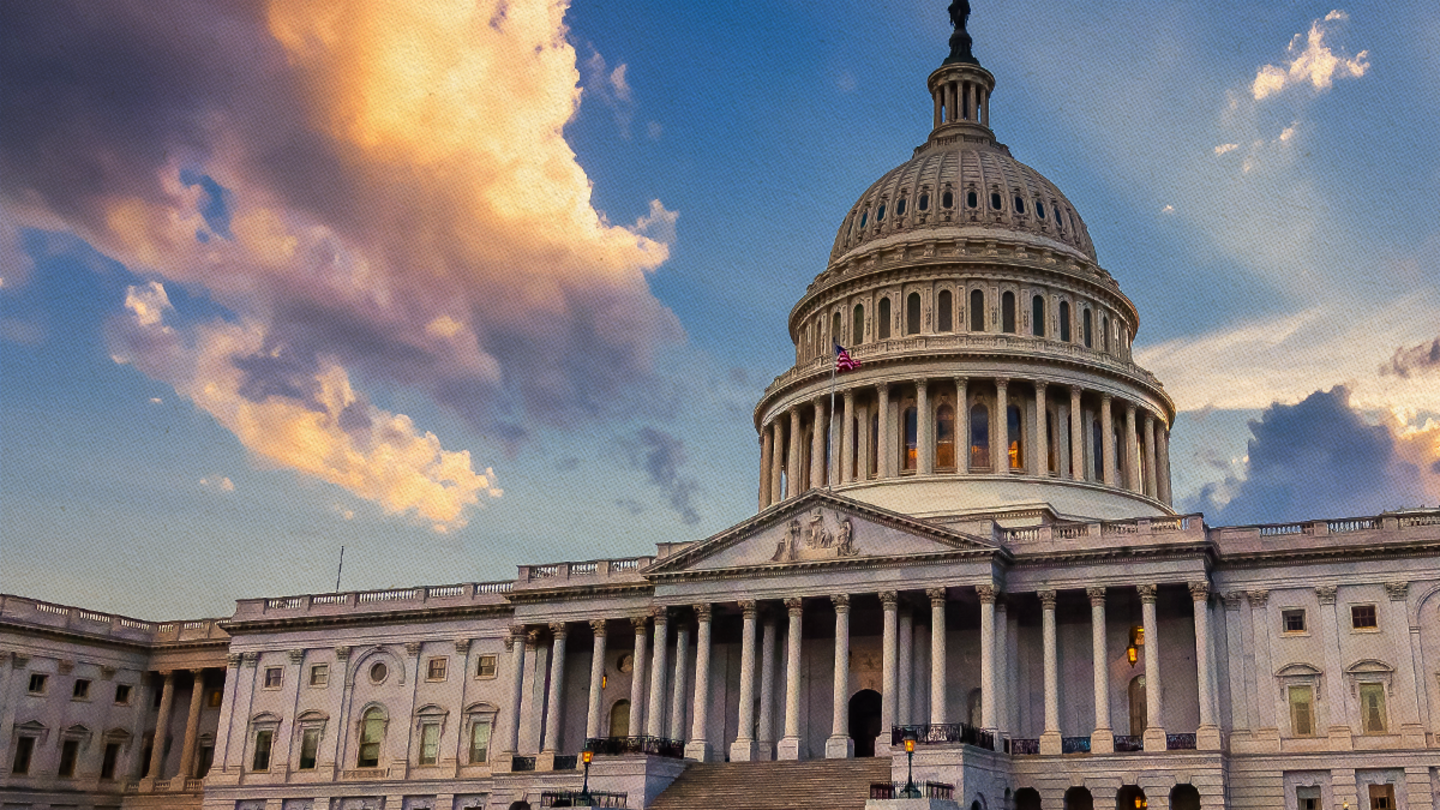Universities have long been places where students explore new ideas and challenge their beliefs. This environment of openness fuels learning and innovation. But today, this essential freedom is at risk.
Recent events show a troubling trend: some voices are being silenced, and open debate is being limited. This threatens the core mission of higher education, where students should feel free to explore and express a wide range of ideas.
The role of free speech in education
Free speech on college campuses is fundamental to openness, allowing students to hear diverse viewpoints and explore the world through new lenses. This diversity of thought enriches students’ minds, helping them develop the critical thinking skills needed to thrive in a complex society.
Students learn to defend their views, understand others, and ultimately grow as individuals by engaging with ideas they might initially disagree with. Such an environment of free expression respects the dignity and worth of each person, empowering students to become confident thinkers and active participants in a free society.
Bridging The Gap is a program designed to foster understanding and relationships across ideological divides on college campuses by emphasizing free speech and the power of conversation. Through campus intensives, students and staff learn skills in listening, storytelling, and engaging constructively with differing viewpoints, helping 85% of participants grow in empathy and confidence. With plans to expand to 20-30 more campuses, the organization seeks to bring these transformative experiences to a broader audience of students across the country.
3 current challenges to free speech on campuses
Despite its importance, campus free speech faces significant challenges restricting students’ ability to openly engage and exchange ideas. Policies and social pressures increasingly limit where, when, and how students can express themselves. Without open dialogue, the core mission of higher education — to foster critical thinking and understanding across differences — is at risk.
Here are four current issues impacting free speech today.
Sign up for the Stand Together newsletter and get stories, ideas, and advice from changemakers to help you tackle America’s biggest problems.
1. Self-censorship due to peer pressure
Many students feel pressured to self-censor due to a fear of social or academic consequences, hindering honest dialogue. Various surveys found that when individuals express their true opinions inside and outside the classroom, they’re worried that disagreements might lead to social exclusion or alienation. This self-censorship stifles the openness essential for intellectual growth and robust debate.
2. Restrictive "free speech zones"
Some universities limit open discussion to designated "free speech zones," restricting when and where students can share their thoughts. This practice contradicts the bottom-up principles that have allowed campuses to thrive as dynamic learning communities.
By restricting the flow of ideas, these policies also undermine the principle of openness, stifling the spontaneous exchange that fuels innovation and critical thinking. Ensuring that free speech can flourish everywhere on campus is essential to honoring the dignity of every student, empowering them to engage fully in their educational experience.
3. Disinvitations of speakers
Some campus speakers are disinvited or actively shut down if their views are unpopular or controversial, creating an environment where only certain perspectives are allowed. This selective silencing goes against the educational mission and stifles the mutual benefit that comes from diverse viewpoints.
When speakers are disinvited, it not only limits students' exposure to diverse perspectives but also infringes on the dignity of individuals to engage freely with ideas. Such actions restrict the self-actualization of students, who benefit from wrestling with challenging viewpoints to grow intellectually and personally. Allowing diverse voices encourages a campus culture where students learn to navigate differences constructively, preparing them for life beyond college.
5 steps to support free speech on campuses
Supporting free speech is essential to creating a vibrant learning environment where all ideas can be explored. This open dialogue is vital for intellectual growth, personal development, and collaborative problem-solving.
To promote free speech on college campuses, universities should consider the following actions:
- Review and revise restrictive campus policies that limit where and when students can express their views.
- Encourage diverse dialogue and educate students about the importance of free speech and respectful dialogue, helping them appreciate openness and growth from engaging with diverse ideas.
- Promote events and forums that feature speakers with a range of perspectives, even controversial ones. This fosters openness, allowing students to engage with different viewpoints, challenge their own ideas, and grow through exposure to new perspectives.
- Empower students and faculty with tools for civil discourse, such as workshops on listening skills and how to respectfully debate. This supports the self-actualization of individuals by encouraging them to articulate their beliefs while respecting the dignity of others.
- Promote a bottom-up culture of free speech, rather than relying on top-down regulations, so students and faculty feel confident expressing their ideas without fear of retribution.
Protecting free speech benefits all students
Protecting free speech on college campuses fosters an environment where ideas can be openly exchanged and debated, helping students develop critical thinking skills and preparing them for a diverse world. By honoring each student’s dignity and right to share their diverse perspective, universities promote collaboration over division and uphold their commitment to advancing knowledge and understanding.
More about free speech on college campuses
- FIRE (The Foundation of Individual Rights and Expression) ranks the 5 best and lowest college campuses for free speech rankings.
- Cancel culture on college campuses and beyond pushes certain ideas underground, with serious risks to open dialogue.
- These three free speech organizations are fighting cancel culture across college campuses and behind podiums.
***
The Stand Together community partners with changemakers who are tackling the root causes of America's biggest problems.
Learn more about Stand Together’s free speech efforts and explore ways you can partner with us.

A landmark Supreme Court decision is bringing a return to federalism.

How the Supreme Court decision affects Congress’ job.

What we think we know about other Americans’ views — and what we get very wrong.

How to maximize new innovations to keep communities safe.
